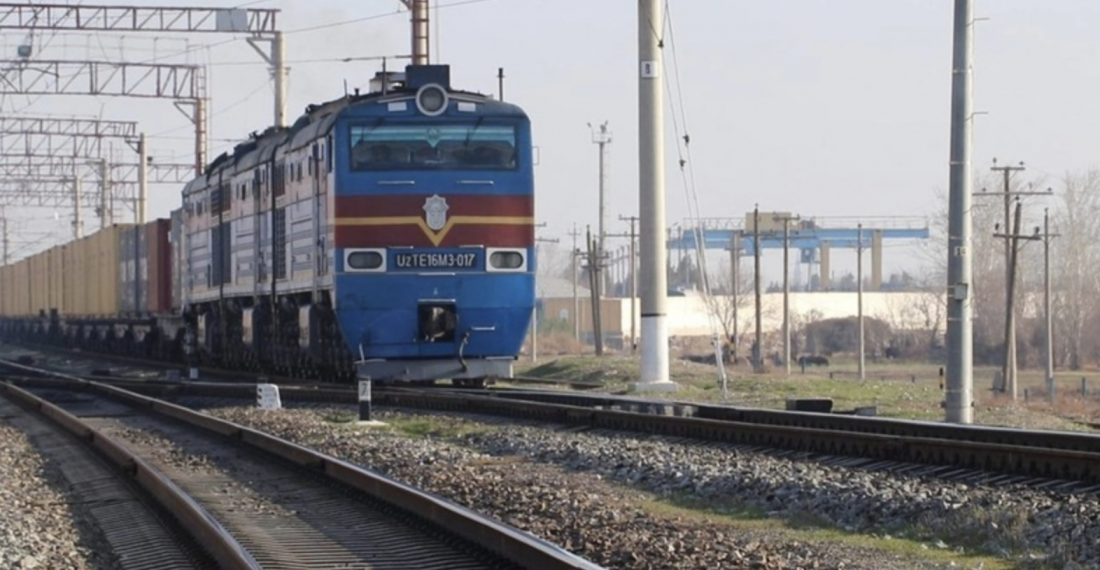Uzbekistan's state-owned railway company Temir Yullari has announced that for the first time, a cargo train carrying copper concentrate has been sent from Uzbekistan to Europe via the Trans-Caspian International Transport Route, also known as the Middle Corridor.
This route bypasses Russia, and offers Uzbekistan and other Central Asian countries an alternative connection to European markets.
The train was made up of 46 wagons, carrying a total of 91 containers (measuring 20 feet each), containing copper concentrate from Almalyk Mining and Metallurgical Combine. It will cross Turkmenistan, Azerbaijan, Georgia, and Bulgaria. This route has become increasingly popular, with 266,300 tons of cargo being transported from January to March, and 5,847 TEU of container traffic. This marks a significant increase from the same period last year.
The EU has promoted the corridor as an alternative to the traditional Northern route for the Europe-Asia railway shipments which crosses Russia. The European Bank for Reconstruction and Development announced in the previous month that they would put billions of euros into the creation of freight paths between Europe and Asia which do not go through Russia.







